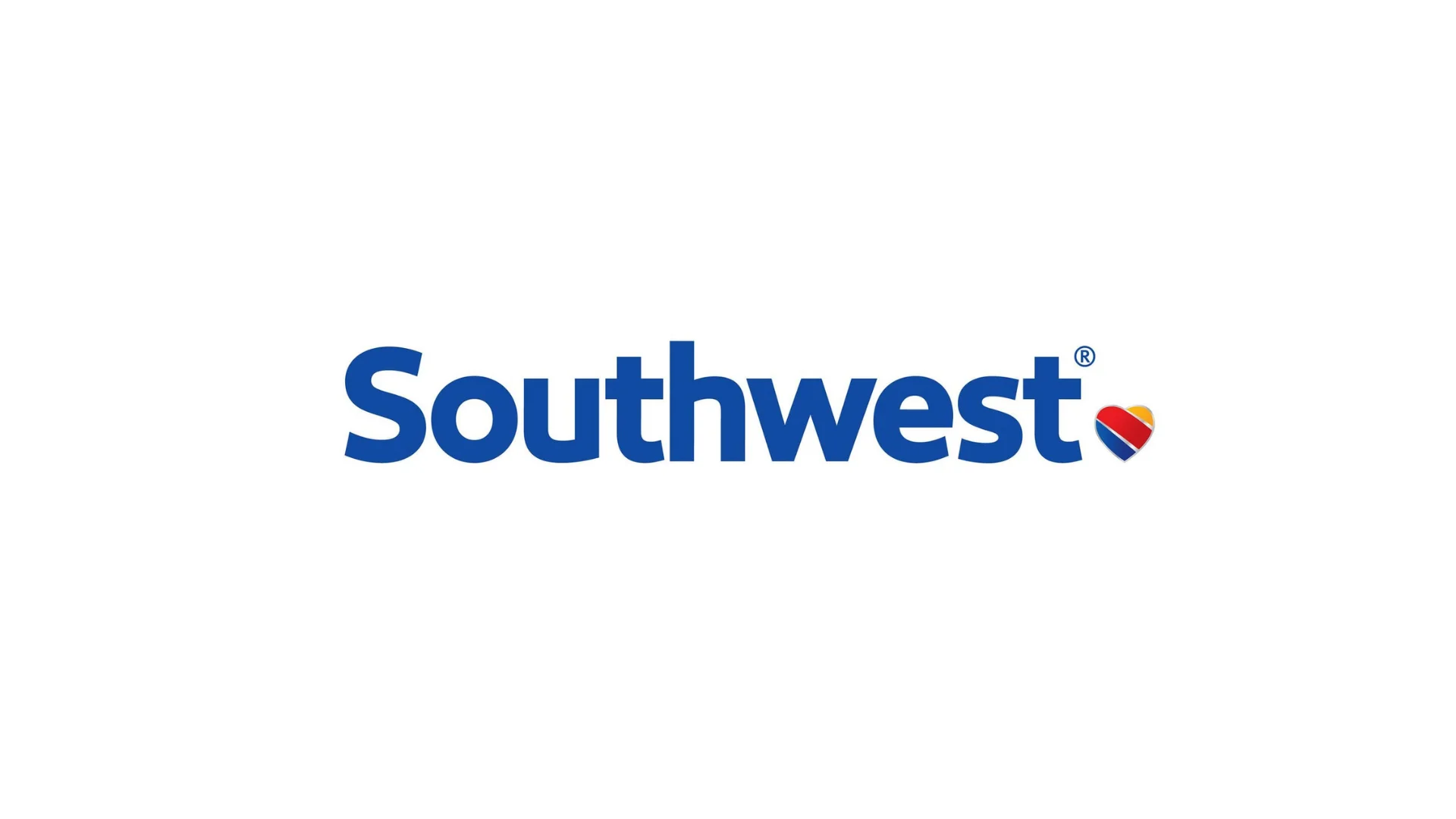easyJet has introduced a new lightweight paint for its aircraft, aiming to reduce emissions as part of its sustainability efforts. The paint, developed with Mankiewicz Aviation Coatings, is expected to help the airline save up to 1,296 tonnes of fuel and 4,095 tonnes of CO2 emissions when fully implemented across its fleet.
The new coating system reduces the amount of paint needed for easyJet's distinctive orange and white livery, resulting in a 27-kilogram weight reduction per aircraft. "This forms a small part of a bigger strategy," said Lahiru Ranasinghe, Director of Sustainability at easyJet. "Formulating a new lightweight paint with our partners at Mankiewicz Aviation Coatings exemplifies how we’re assessing every single part of our operation to find efficiency gains to help us achieve this mission."
EasyJet operates an all-Airbus fleet of over 300 aircraft across the UK and Europe. So far, the lighter-weight paint has been applied to 38 planes by MASS Aviation specialists in Maastricht. The airline plans to extend this initiative fleet-wide by 2030.
 Alerts Sign-up
Alerts Sign-up










